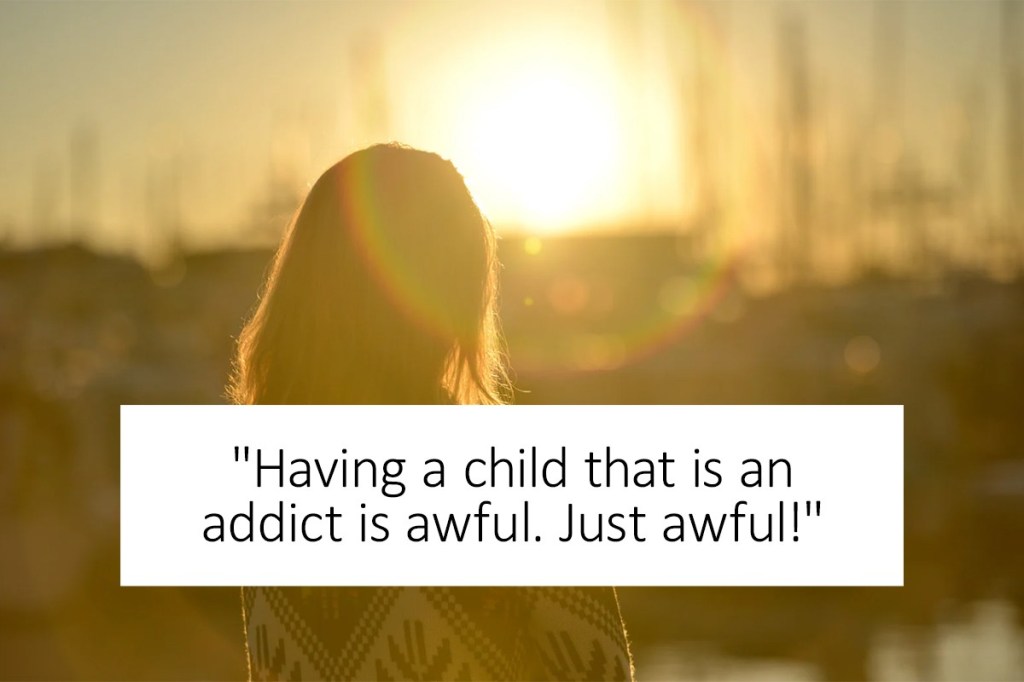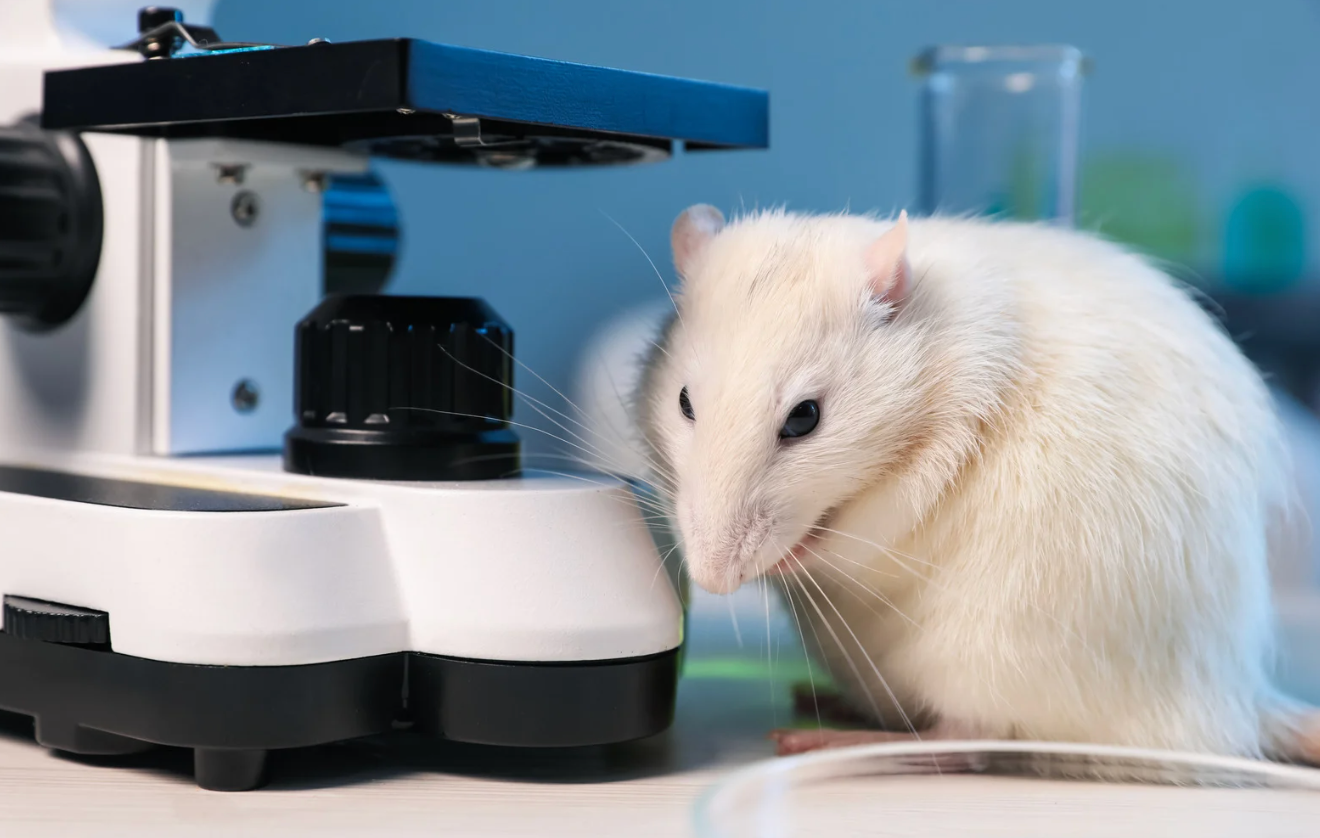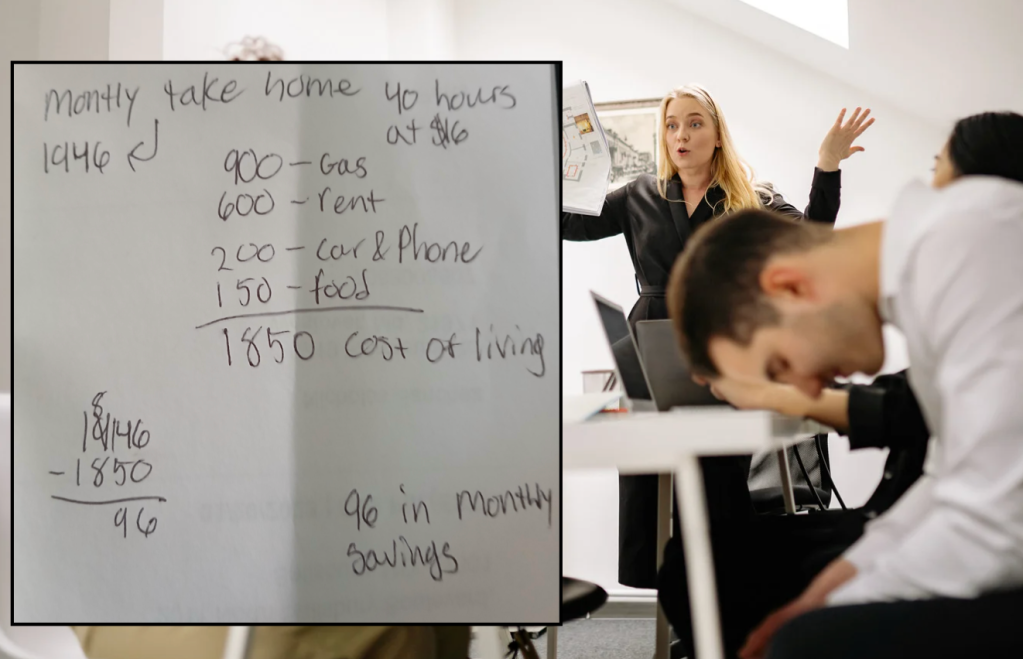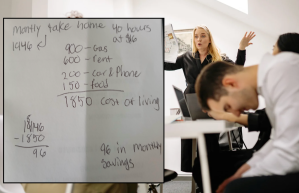When Jennifer Salfen-Tracy shared two hauntingly different photos of her son on Facebook, she knew it would be difficult, but she hoped it could make a difference. The Wentzville, Missouri mom hadn’t seen or heard from her son Cody in weeks, and all she had was hope, faith, and two stark reminders of how quickly addiction can alter a life.
The photos, taken just seven months apart, show a heartbreaking transformation. Once a vibrant student-athlete who graduated from Wentzville Holt High School in 2011, Cody had become nearly unrecognizable. According to Jennifer, Cody’s descent began with heroin and meth, and spiraled from there.
Like millions of other American families, the Salfen-Tracys were suddenly living what too often remains a silent nightmare.
In 2017 alone, 19.7 million American adults struggled with a substance use disorder. That same year, 70,200 lives were lost to overdose. Cody was dangerously close to becoming part of those statistics.
Jennifer’s post, shared more than 44,000 times, wasn’t just a personal plea. It became a rallying cry. Her words resonated deeply with families nationwide who’ve faced similar struggles but remained quiet out of fear, shame, or stigma.
“I am hesitant on sharing.”
— Jennifer Salfen-Tracy
She didn’t mince words, either, pointing to systemic failures and misplaced political priorities:
“This is a true issue in our world today that we need to pull together and focus on to fix instead of the government worrying about and spending all their money on throwing each other under the bus.”
For Jennifer, the silence around addiction was the enemy. And her transparency helped break it.
“The unknown is what makes a person not sleep at night.”
— Jennifer Salfen-Tracy
The response to her vulnerability was overwhelming. Parents, siblings, friends, and survivors flooded the comments section, sharing their own stories and heartbreaks.
@ccadcbaaf shared: “Having a child that is an addict is awful. Just awful! I never, in a million years, imagined my kid(s) would suffer from addiction.”

@feffbdafbd wrote: “I lost my son to fentanyl. It took him before he could even develop an addiction. I’ve often thought in some way I am lucky that I didn’t have to see him do this to himself. Lucky me.”
“Lucky me.”
— @feffbdafbd
Others offered prayers, support, and, in some cases, vital updates. Jennifer later posted that Cody had been found, thanks in part to the power of social media and the compassion of strangers.
“I just want to say thank you to those who have talked to him and thank you for all the prayers. This is not just a problem that my family faces but almost everyone knows someone who has a drug/heroin addiction. I pray for strength for those suffering and healing for their families and friends.”

She made a plea that rings louder today than ever: “Let’s get ahold of this issue America and help each other.”
“Let’s get ahold of this issue America.”
— Jennifer Salfen-Tracy
Jennifer’s story is more than a wake-up call, it’s a reminder that no family is immune. Addiction doesn’t discriminate, and the path to recovery often begins with a conversation. Or a photo. Or a post like Jennifer’s.
Her courage underscores a truth we can’t ignore: the epidemic is real, and the time for compassion, action, and reform is now.
If you or someone you know is struggling with substance use, the Substance Abuse and Mental Health Services Administration (SAMHSA) offers a free and confidential helpline at 1-800-662-HELP (4357). Help is out there. And hope is real.
In the years since Jennifer’s post, the story has grown into one of hope and advocacy
Since her emotional post first captured national attention, Jennifer Salfen-Tracy has remained a public voice for recovery and awareness. Her son Cody was ultimately located in Las Vegas and entered a rehab program. In the time since, he has focused on staying sober and rebuilding his life, most notably celebrating his 28th birthday clean and healthy.
Jennifer kept supporters updated through the “Cody Bishop’s Road to Recovery” Facebook page, where she continued advocating for openness, compassion, and more resources for addiction treatment. Her message hasn’t changed: silence kills, and support saves.
But while Cody’s story has moved toward healing, the larger crisis has only intensified. National overdose deaths surged in the years following Jennifer’s viral post, nearly 93,000 people died in 2020 alone, and more than 100,000 in 2021. The spike has been fueled by fentanyl, a synthetic opioid often mixed into heroin, and a renewed rise in methamphetamine abuse.
In response, the public health conversation has begun to shift. More communities now support the distribution of naloxone (an overdose-reversal drug), and some states have decriminalized fentanyl testing strips, recognizing their role in preventing accidental deaths. But with so many still struggling, advocates like Jennifer continue pushing for more.
Her message remains as urgent as ever: recovery is possible, but only if we’re willing to talk about it, support it, and fight for it together.
This article originally appeared four years ago.















